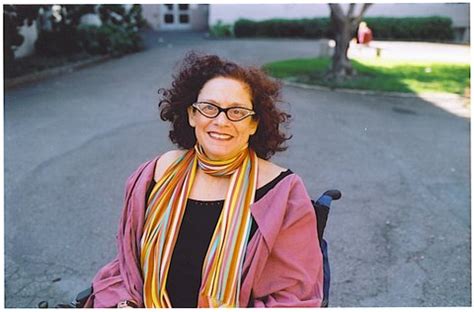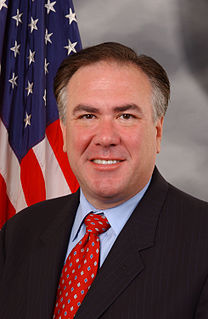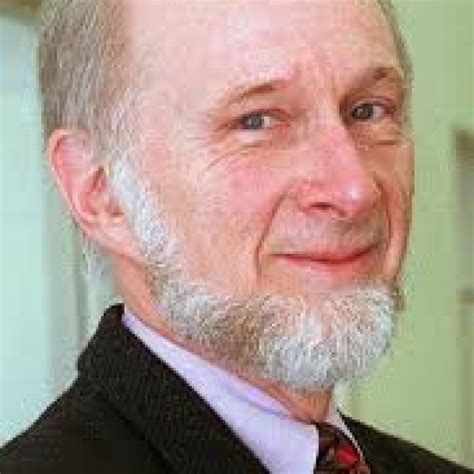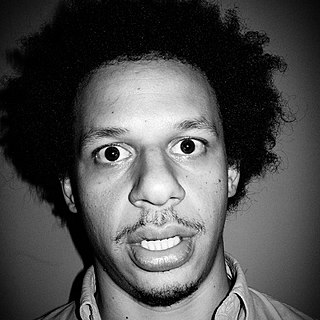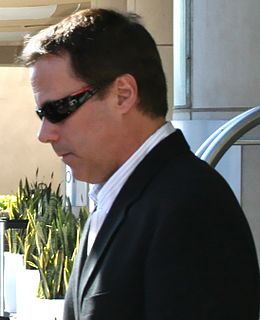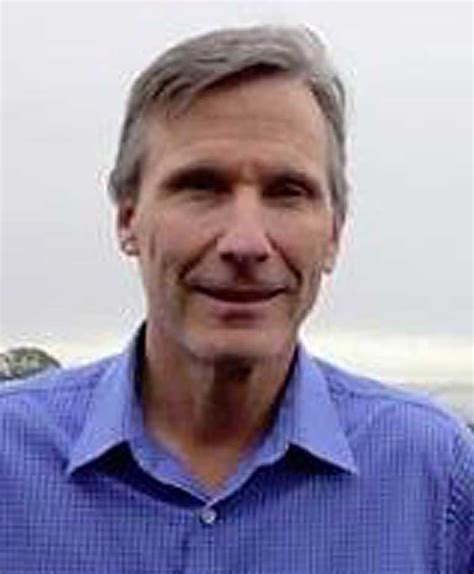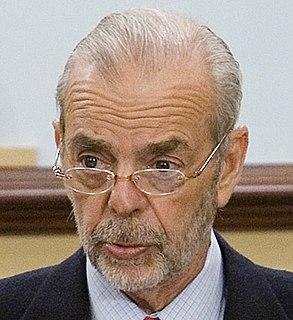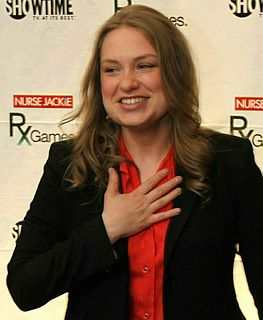A Quote by Richard Edelman
Edelman diversified into public affairs in the late '60s with important programs for the Concorde SST, gaining landing rights at JFK Airport in New York, and in the late '70s generating public approval for the building of the very stark Vietnam Veterans War Memorial in Washington, D.C., from a design by the very young architect Maya Lin.
Related Quotes
When I began writing poems, it was in the late 60s and early 70s when the literary and cultural atmosphere was very much affected by what was going on in the world, which was, in succession, the civil rights movement, the antiwar movement, and the women's movement in the 60s, 70s, and into the early 80s. And all of those things affected me and affected my thinking, particularly the Vietnam War.
When I was a kid, a lot of my parents' friends were in the music business. In the late '60s and early '70s - all the way through the '70s, actually - a lot of the bands that were around had kids at a very young age. So they were all working on that concept way early on. And I figured if they can do it, I could do it, too.
I think polling is important because it gives a voice to the people. It gives a quantitative, independent assessment of what the public feels as opposed to what experts or pundits think the public feels. So often it provides a quick corrective on what's thought to be the conventional wisdom about public opinion. There are any number of examples that I could give you about how wrong the experts are here in Washington, in New York and elsewhere about public opinion that are revealed by public opinion polls.
If you look back to the anti-intervention movements, what were they? Let's take the Vietnam War - the biggest crime since the Second World War. You couldn't be opposed to the war for years. The mainstream liberal intellectuals were enthusiastically in support of the war. In Boston, a liberal city where I was, we literally couldn't have a public demonstration without it being violently broken up, with the liberal press applauding, until late 1966.
If conservatives come to control the White House and both Houses of Congress, there will be very little change in Hollywood, the network evening news, universities, church bureaucracies, the New York Times, or the Washington Post. Institutions that are overwhelmingly left-liberal will continue to misinform the public and distort public discourse.


